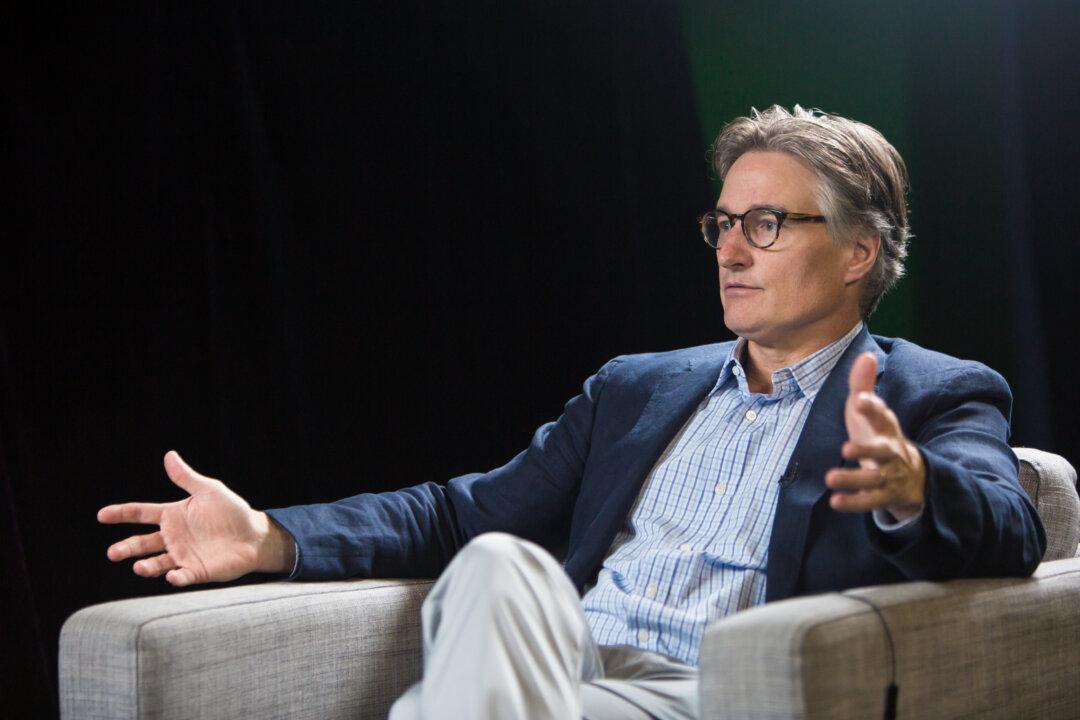Halsey Minor has seen it all. He made millions founding tech legends like CNET and building salesforce.com Inc. in the 1990s.
He then withdrew from the world plagued by a severe bout of depression, which took him six years to overcome.
He ended up losing his fortune when he declared bankruptcy in 2013. Since then rumors abound how he could have lost hundreds of millions of dollars.
In this exclusive and in-depth interview, Halsey Minor for the first time tells Epoch Times why he really had to declare bankruptcy, how he beat the disease that killed his father, and how he came out stronger at the end—in a powerful story of transformation.
I have beaten the thing that killed my father.





